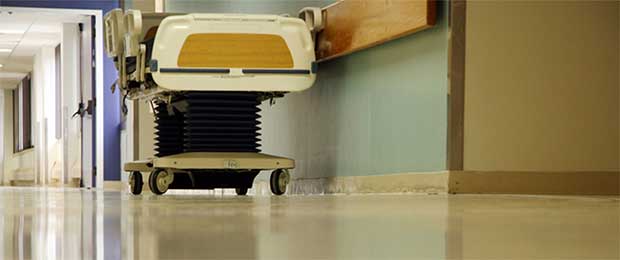Doris Spence, wife of Johnnie Frank Spence, “is claiming damages of $100,000 on his behalf and on behalf of seven members of Johnnie Spence’s family” against the Winnipeg Health Authorities (Manitoba – Canada). Her husband died at the age of 65 “in January, at the Health Sciences Center“, deprived of artificial respiration when, “at no time” had he expressed any intention to request medical assistance to die, or to commit suicide. He had never “agreed for the life support system to be turned off“.
Initially admitted to hospital with “respiratory problems“, he was suffering from “several medical problems” including “diabetes, hypertension and Kennedy’s disease[1]”. Unconscious the next day, the patient was put on a “life support system“. The doctor announced that his condition “would not improve“. He “suggested switching off the ventilator and allowing the family man to “die peacefully” after 24 hours of intubation, giving “family members time to get to the hospital to say their farewells“.
However, the next day, Mr. Spence woke up whilst his daughter was at his bedside. He had greeted his wife “with a thumbs up sign” and communicated “with her in note form“. The doctor “did not know about Johnnie’s ability and wishes“. He “entered the room at 12:20 to remove the breathing tube, switch off the ventilator and administer three morphine injections“. The patient’s death “was recorded 70 minutes later” but, according to his wife, Johnnie “responded positively with a nod of the head” when asked whether he wanted to remain alive“.
Doris Spence is accusing the doctor of having “deliberately remained silent about her husband’s brain function” and of “completing the treatment knowing that this would end his life“, when he (the patient) “was capable of making decisions about his medical care“. “The doctor had never had a discussion with Johnnie about switching off the life support system and did not obtain his informed consent“.
The court must decide on the accuracy of the facts.
[1] Disease which causes weakness and muscular atrophy.
Radio Canada (06/10/2017)

